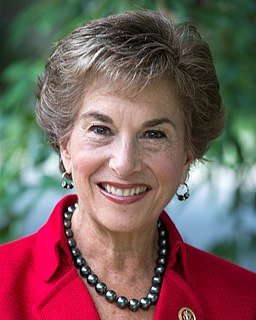Revised AP African American studies course draws criticism
On Feb. 1, the College Board released the curriculum for its new AP African American studies course, sparking controversy after Florida decided to ban the class from its schools for its inclusion of contemporary Black social issues, including womanism, Queer studies and progressive social movements.
AP African American Studies is currently being tested as part of a pilot program in 60 schools across the country, with more set to be added in the 2023-2024 school year. The curriculum provides valuable insight into African American civil rights history and the various historical Black contributions to mainstream American culture in areas such as art, literature, poetry, cinema studies and more. However, the class has since drawn heated controversy from Florida governor Ron Desantis for its inclusion of progressive Black social issues and “lack of educational value,” who ultimately decided to ban the course from being taught in Florida schools.
“Somebody is pushing an agenda on our kids,” Desantis said. “When you look to see if [the College Board] has stuff about intersectionality, abolishing prisons, that’s a political agenda. We believe in education, not indoctrination.”
In response to Desantis’ critical remarks, the College Board decided to remove the controversially labeled topics from its course, including the names of many prolific Black writers and scholars associated with critical race theory, slavery reparations, mass incarceration and contemporary African-American-led organizations designed to highlight the racial discrimination faced by Black people, such as the Black Lives Matter Movement.
Public opinion of the College Board’s revisions has been divisively polarizing, with some supporting the removal of the aforementioned controversial topics, while others criticizing the organization for eliminating various components integral to the teaching of authentic African American history.
“I represent the 31 Trustees [of the College Board] and it is not fair for me to speak for them,” Superintendent and College Board Trustee Thomas Moore said. “We are an unpaid elected Board that oversees the leadership and fiduciary decisions of the College Board, but we do not get into the day-to-day decisions and operations. So, inherently, I cannot comment as a Board member.”
Meanwhile, College Board officials have vehemently rejected accusations of revising their course material to appease criticism from Republican legislators or conform to a heated political climate.
“While it has been claimed that the College Board was in frequent dialogue with Florida about the content of AP African American Studies, this is a false and politically motivated charge,” the College Board said in a publicly released Feb. 11 statement. “We deeply regret not immediately denouncing the Florida Department of Education’s slander, magnified by the DeSantis administration’s subsequent comments, that African American Studies lacks educational value.”
However, despite the measures implemented by political opponents to limit access to the course’s curriculum, all students nationwide who wish to take the AP African American studies course and exam will be able to do so by the 2024-2025 school year, with the opportunity to receive eligibility for college credit if they pass. In regards to Niles North, the course will not be available for the 2023-2024 school year, but the proposal for the course may be presented in Fall, 2023.

Aiden is a senior who serves as the Editor-in-Chief and News Editor of North Star News. Since first joining the staff during his freshman year, he has...












Cynthia Fey • Feb 21, 2023 at 2:26 pm
Thank you for researching and reporting this important topic! I was curious about our superintendent’s position so I appreciate you getting his words.
I do have one question: Does the statement “all students nationwide who wish to take the AP African American studies course and exam will be able to do so by the 2024-2025 school year” include students from Florida?